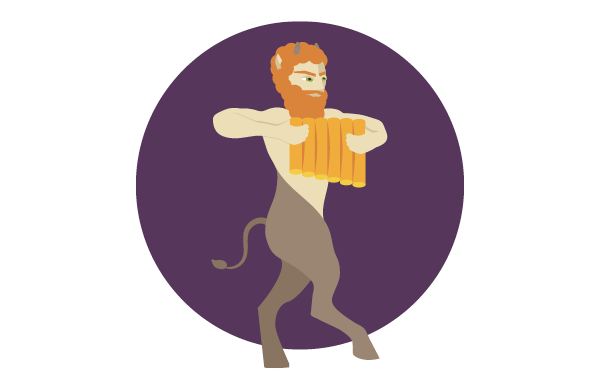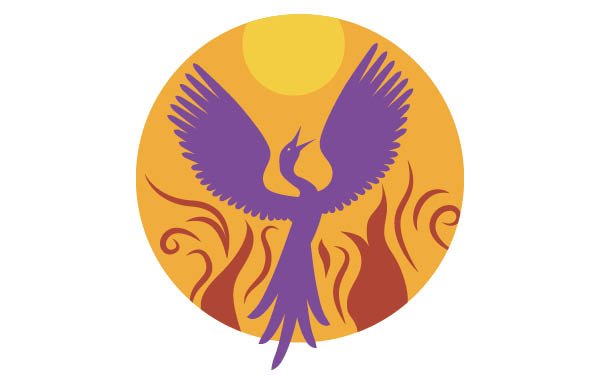
Blog


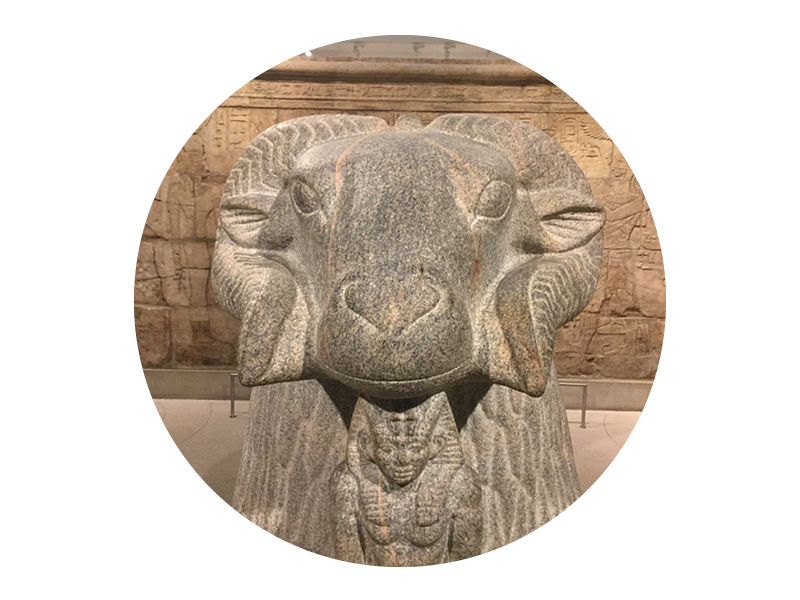
Five Facts About Amun Ra - Ancient Egyptian God of Air, Wind and Sun
The name Amun meant "the hidden one”. He represented all the mysterious things in the universe and he was invisible like the air or the wind.
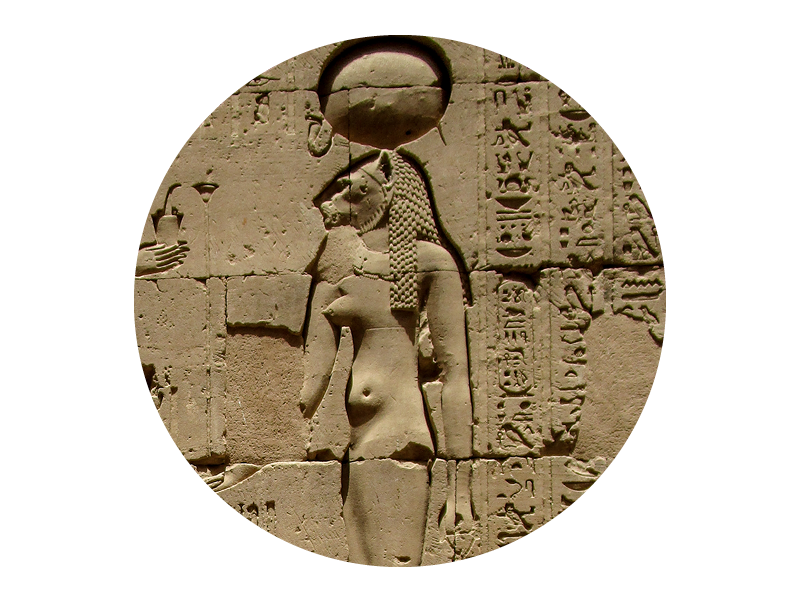
Five Facts About Sekhmet, Ancient Egyptian Goddess of Medicine and War
Sekhmet was one of the oldest known Egyptian deities. Sekhmet's name means "she who is powerful," and she was both a warrior goddess and the patron of healers.

The Origins of Valentine’s Day
Valentine's Day is celebrated every year on February 14th with heart-shaped candies, cards and gift exchanges. While the holiday is named after Saint Valentine, its origins are thought to go back to ancient Roman times.
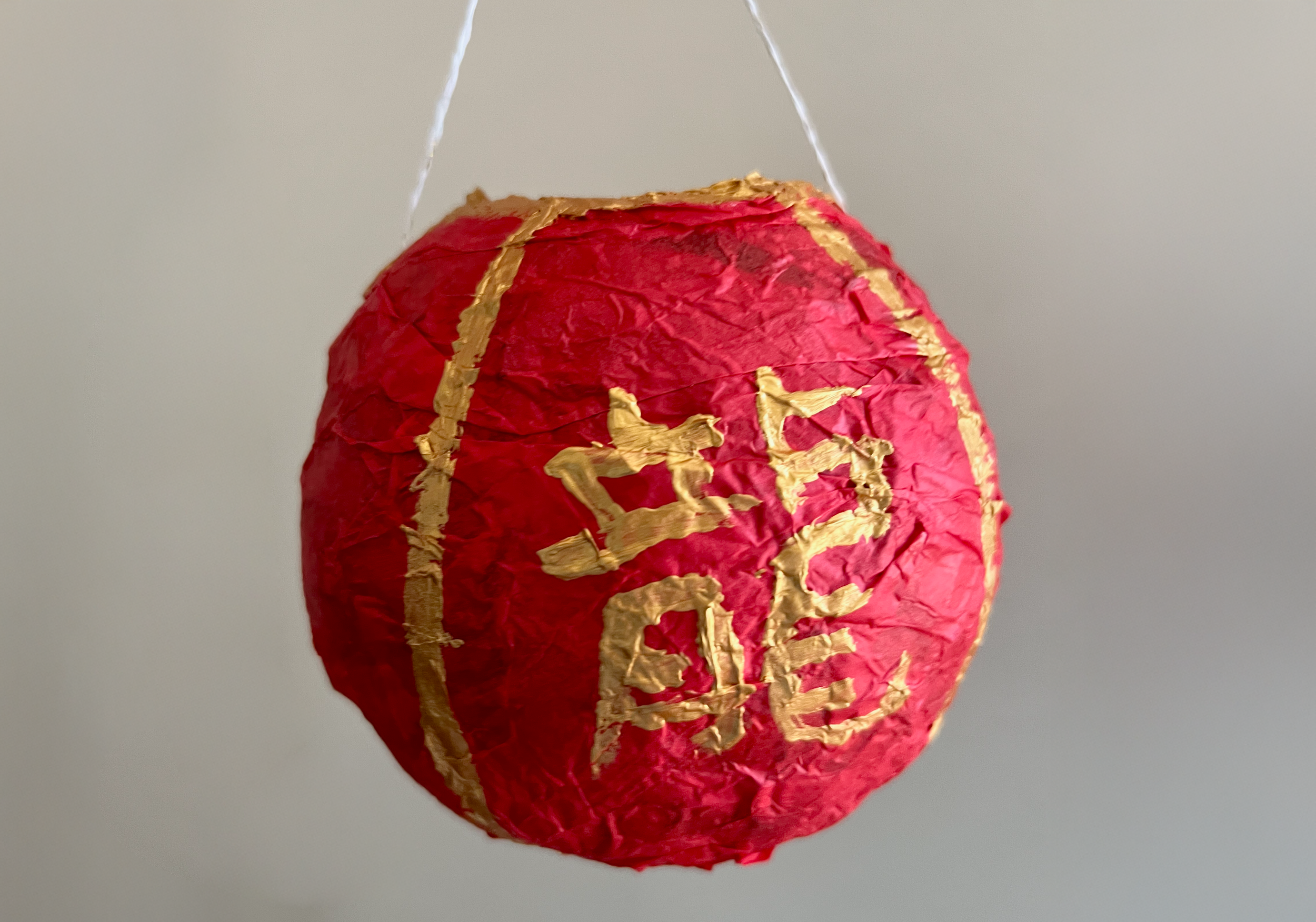
Chinese New Year Lantern Activity
According to an ancient Chinese legend, a monster named Nian (which means year) would attack a village and eat people at the beginning of the year. Each year, the villagers fled until they learned it could be frightened away by loud noises, bright lights and red lanterns. Today, Chinese New Year is celebrated with firecrackers, fireworks and red lanterns.

5 Ways To Celebrate Lunar New Year in The Classroom
The Chinese New Year, also known as the Lunar New Year or the Spring Festival, is the most important festival in China. It takes place on the first new moon between January 21st and February 20th. In 2025, the Year of the Snake will begin on January 29. Here are a few ideas for celebrating Lunar New Year in the Classroom.
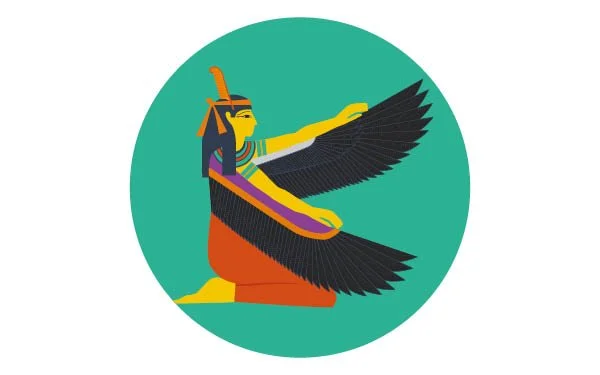
Five Facts About Ma’at, the Ancient Egyptian Goddess of Truth, Justice and Balance
Maat was the daughter of Ra and the wife of Thoth. She weighed the heart of those who died against her feather to decide who would travel to the afterlife. She is depicted as a woman with an ostrich feather on her head, sometimes winged. Sometimes she was pictured as an ostrich feather.
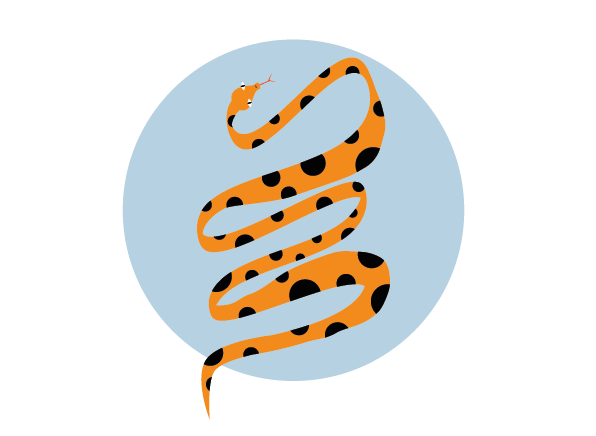
The Year of the Snake
The Chinese New Year, also known as the Lunar New Year or the Spring Festival, occurs on the first new moon between January 21st and February 20th. In 2025, Chinese New Year will be celebrated on January 29.
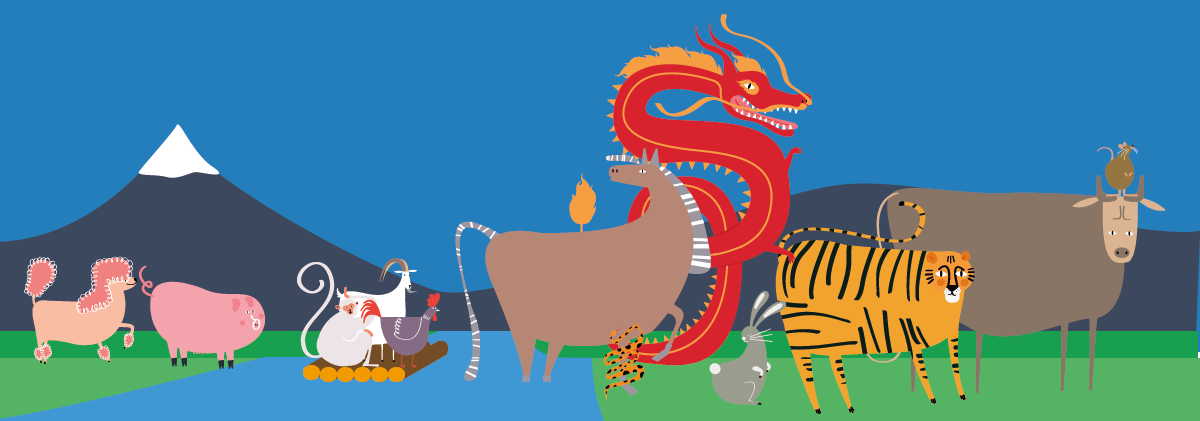
The Great Race
One of the main legends about how the years got their names is the story of the Great Race. According to the tale, the ruler of the heavens, called the Jade Emperor, celebrated his birthday with a race. He invited all the animals in the world to take part. The first twelve animals to finish would have a year named after them.
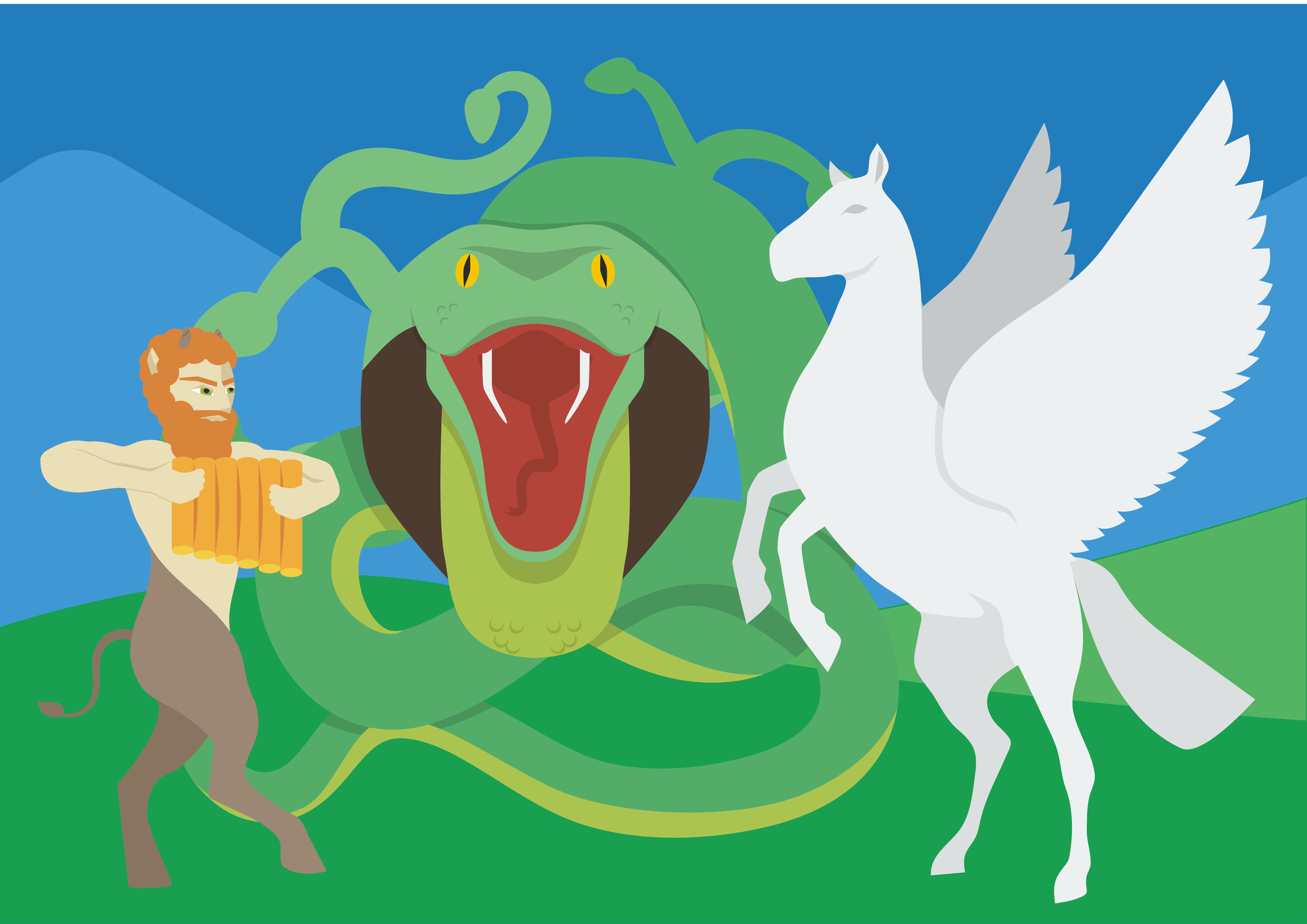
Ancient Greek Mythological Beasts
Ancient Greek stories and mythological beasts were so compelling that they were adopted by other cultures and are well-known, even today. These fantastical creatures and monsters of the Greeks had their parts to play in poems, theatre and art. They could be good or evil. Some were enemies for heroes to vanquish, some provided wisdom and help to deserving mortals and demigods, and some enforced the will of the gods.
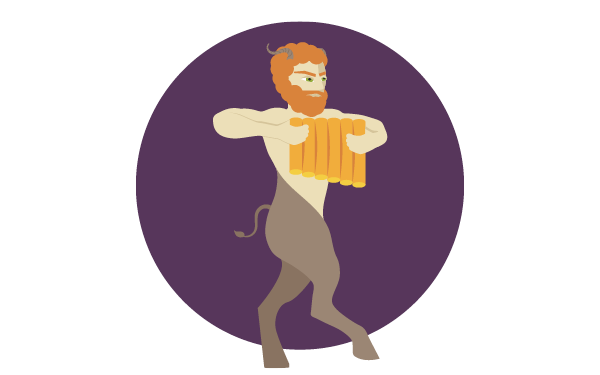
Faun: The Wood Spirits
A farmer named Marcus struggled with his barren land and asked for help from Faunus. A faun led him to a magical spring, promising fertility in exchange for respect and sharing his harvest with the villagers. Marcus's crops flourished, but he hoarded his bounty and dammed the spring.
Angered by his actions, the faun returned, destroying the dam and taking away the magical water. Realizing his mistake, Marcus begged for forgiveness. The faun forgave him, reminding him to share and respect nature, and gave him a small fertile patch of land. From then on, Marcus lived humbly, sharing with the village.

Siren: The Bird-Women
Odysseus was warned about sirens and ordered his crew to plug their ears with wax. But Odysseus was curious about their legendary voices, so he had himself tied to the bow of his ship and instructed his men not to release him, no matter how much he begged.
He told his men that even if he begged to be released, they should only tie him tighter. Sure enough, when he heard the song of sirens, Odysseus begged to be released, but his crew refused to release him until they were out of danger.
After Odysseus escaped unharmed, the sirens, devastated by their failure, threw themselves into the sea, marking the end of their terror.
